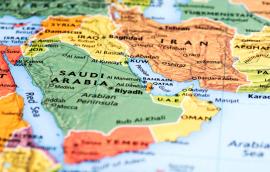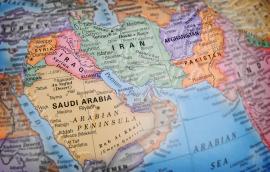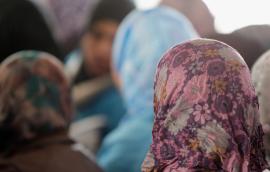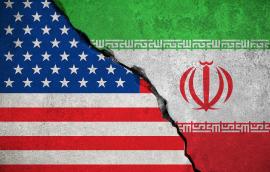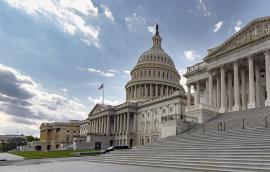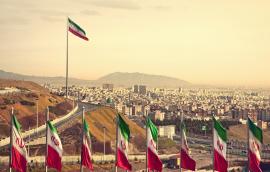Edward P. Djerejian Center for the Middle East | Political Economy of the Arab Gulf | Conference Report
Economic Inclusion and Sustainable Growth: New Perspectives From the Gulf Emerging scholarship on economic and sustainable development in the Gulf is presented in this report, which is the result of a workshop in London organized by the Baker Institute and Chatham House. The work is part of a two-year project on "Building Pluralistic and Inclusive States Post-Arab Spring" funded by the Carnegie Corporation.
Kristian Coates Ulrichsen July 27, 2018
